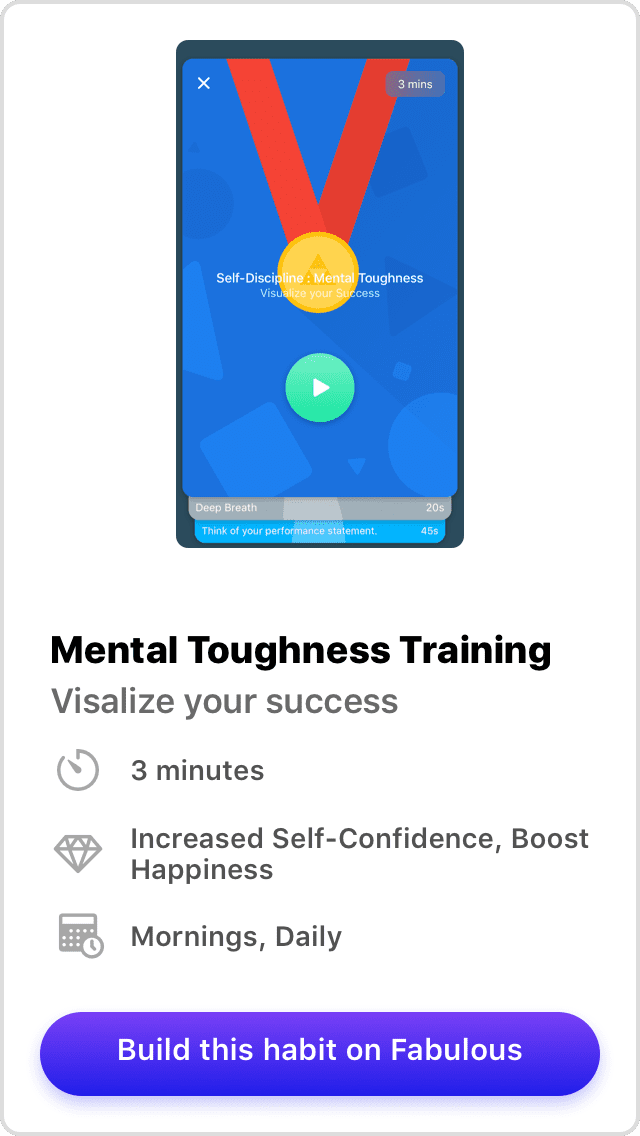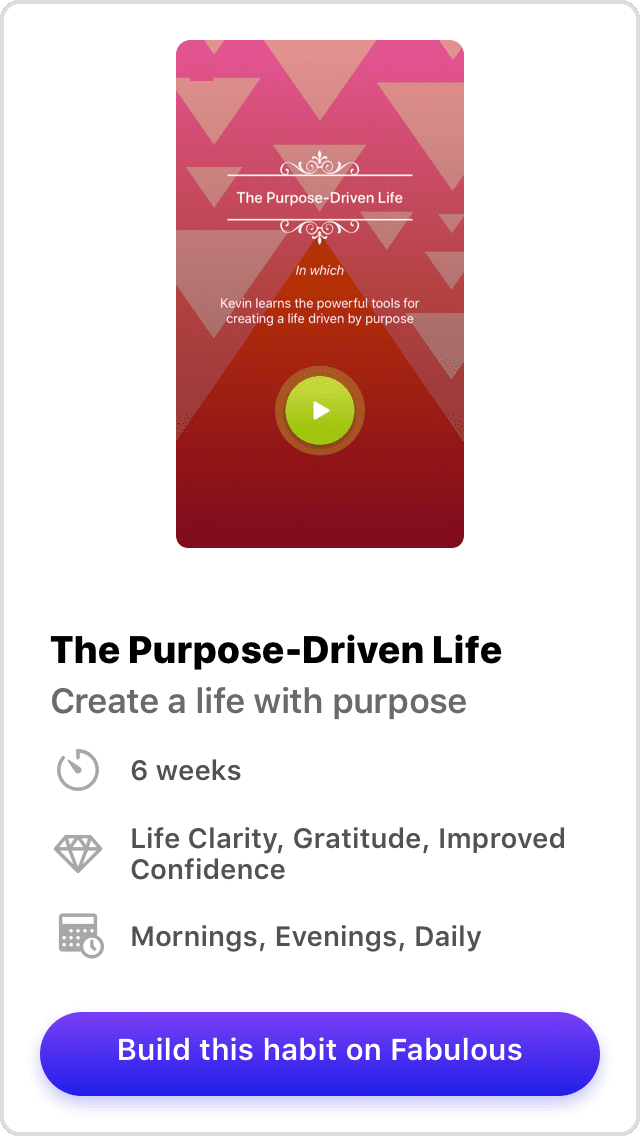When Monday morning rolls around, do you jump out of bed inspired and motivated for the day ahead?
If you love your job, you’re in the minority. Unfortunately, job dissatisfaction is common. Most people are not making a living at their dream job and this can cause them to feel resentment and even depression.
On an average day, you spend more time at the office than at home. Your job can become your identity. Which is why actually enjoying your work is such an important part of overall happiness.
But what makes us happy at work, and how can you improve your overall job satisfaction?
Happiness is a Choice
Happiness can seem elusive but it’s not a fleeting unattainable goal. The science of happiness shows that it’s a skill that you can work on and develop. In fact, Dr. Sonja Lyubomirsky says in her book, “The How of Happiness,” that up to 40% of happiness is within our control. This is a sentiment shared by 19th-century psychologist William James, dubbed the father of American psychology, who said, “The greatest discovery of any generation is that a human can alter his life by altering his attitude.”
Although it can sometimes feel like you are a victim of your circumstances, you are in fact the architect of your own life. You have the power to make changes and create a career where you excel.
Research from Gallup found that employees reported feeling happier, less stressed, and experienced a boost in positive emotions when they were able to use their natural talents.
People tend to enjoy their work if they feel it plays to their strengths.
Read on to find out how to identify your unique strengths and find opportunities to exercise them at work.
Find Your Passion
If you ask a class of small children what they want to be when they grow up, they will tell you with great excitement all about their hopes and plans for the future. They don’t fret over whether they have the right temperament or qualifications for a particular field. They just confidently express their truest passions.
Close your eyes and think back to when you were a child. What did you want to be and how did you imagine that you would spend your days as an adult?
Take a piece of paper and write down your dream career. Don’t worry if it seems silly or unrealistic. Think about why this job appealed to you and why you thought it was a match for your personality and skills.
Most people decide on their future career as teenagers with minimal insight into what life is really like as a working adult. They choose a path and stay the course unless an outside event, like recession or layoffs, causes them to rethink their trajectory. This approach means that for many people their journey has been decided before they are even an adult.
If you feel like you didn’t have agency over the choices that determined your current working life, it can make you feel trapped. But you’re not trapped. If you’re feeling undervalued, take time to really think about what would make you happier. It’s never too late to start again or to pivot into an adjacent career.
If you’re the type that needs to see it to believe it, then try this Get Inspired Make Me Fabulous exercise to focus and visualize your success.
Identify Your Strengths
The best way to begin to identify your unique strengths is to think critically about both the things that you are naturally good at and your weaknesses. Conduct a SWOT analysis listing your Strengths, Weaknesses, Opportunities and Threats.
Think about your talents. Perhaps you have excellent communication skills or a natural affinity with numbers. You might be confident and calm in a crisis, or always relied upon to organize others. If you are having trouble focusing on what you bring to an organization, ask your friends or family or look at past performance reviews.
Now write down your top skills.
Even if you are already in the right job for you or if a move isn’t practical you can still make changes to better utilize your skills. For instance, if you work in finance but find you excel in communications, investigate opportunities where you can liaise more with clients, or ask if you can write the company newsletter. Many jobs are multifaceted and once you find your niche, you can position yourself as an expert. You’ll become a happier and more productive employee.
Read through the notes you have made. You have written down your childhood dream job and your current personal strengths. How can you use these skills to move closer to a more fulfilling work life?
Once you have identified what you bring to a company you may well feel happier, but don’t let it stop there. Continuously reconsider your talents and interests, those that are ongoing and new ones that you develop over time. Think about how you can practice them more often throughout your day and feel yourself grow in confidence and happiness.
If you need some help identifying your biggest strengths, download the finding your purpose journey today.





